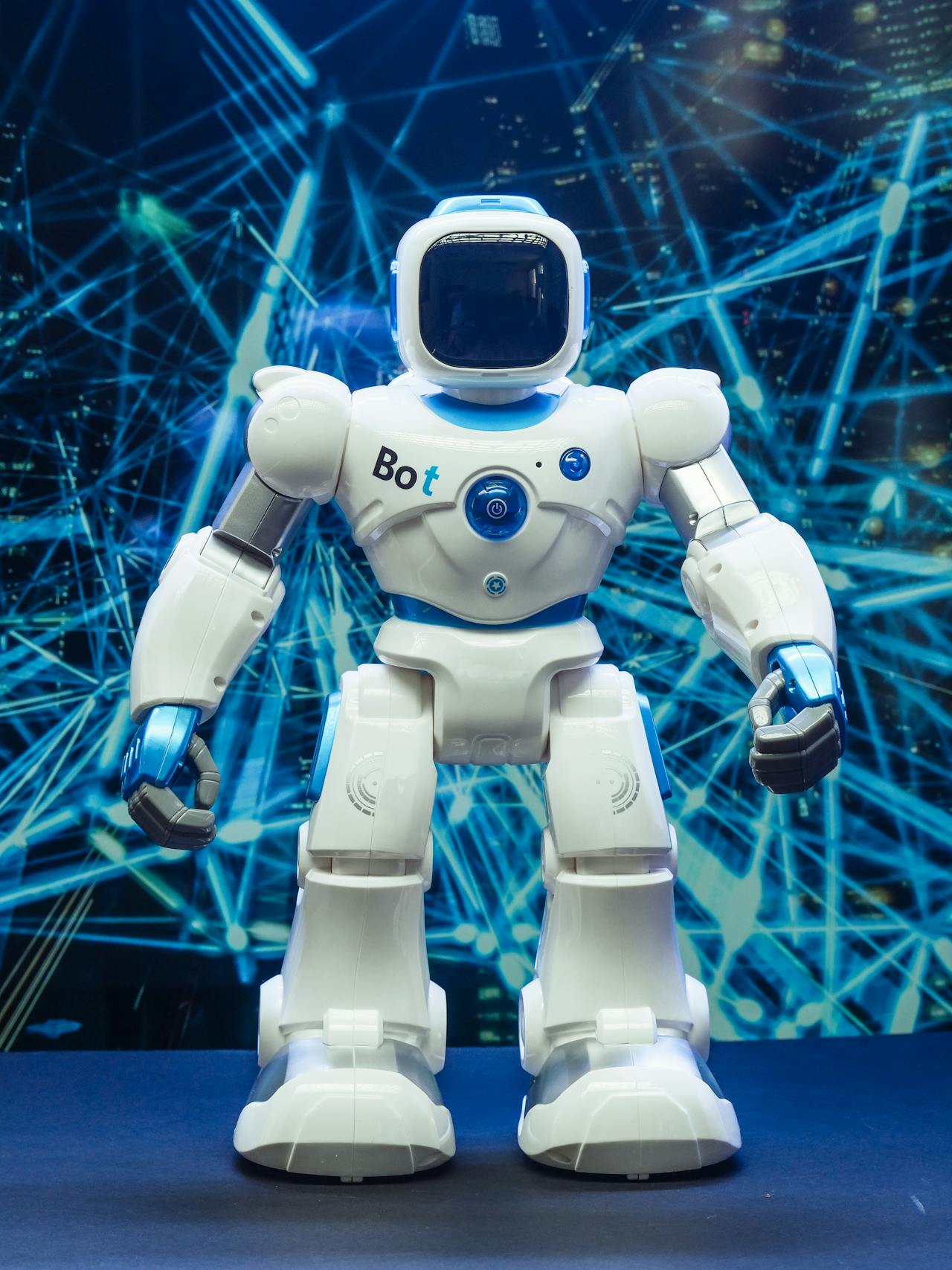
AI-Driven Identity Verification: Persona Raises $200M to Battle Bots
AI Agents Are Reshaping the Identity Verification Challenge
AI-driven identity verification is entering a high-stakes era. Bots already make up about 50% of internet traffic. By 2030, that number could reach 90% as AI agents take over everyday tasks—like shopping, account signups, and ticket purchases.
This surge is disrupting traditional identity systems. Tools such as CAPTCHAs can no longer keep pace. AI now replicates human behavior, voices, and even faces with astonishing accuracy.
In response, San Francisco-based Persona is stepping up. The company raised $200 million in Series D funding to advance identity verification at scale. It now serves over 3,000 companies—including OpenAI, LinkedIn, and Reddit.
How Persona Combats Bots and Fraud with Precision
Persona’s AI-driven identity verification system uses multiple signals. These include government ID scans, biometric inputs, and behavioral analytics. For example, risky users may be asked to complete a liveness test. This involves holding up their ID and moving their head to prove they’re real.
Persona adapts its process for different use cases. A food delivery app verifying a buyer’s age uses one flow, while a bank loan application triggers another. This flexibility ensures verification matches the risk level.
Because these flows are customizable, businesses can avoid generic solutions. Instead, they can fine-tune identity checks to reduce friction for trustworthy users while flagging suspicious ones.
Helping Enterprises Stay Secure—Without the Overhead
With a $2 billion valuation and $417 million in total funding, Persona has become a trusted partner. Companies use it to avoid the costs and complexity of building in-house verification systems.
OpenAI, for instance, screens users in 225 countries through Persona. It checks for sanctions and watchlist flags without manual review for low-risk users. Coursera verifies users differently depending on the class they take. DoorDash began using Persona during the pandemic to vet a surge in delivery drivers through biometric checks.
These examples show how automation improves security while scaling globally.
AI Escalates the Threat—and the Urgency to Act
Fraud powered by AI is causing severe losses. U.S. companies lose between $18 billion and $31 billion annually. Global bot-related damages range from $68 billion to $116 billion.
Bots often create fake accounts to exploit incentives and promotions. Still, not all automated behavior is malicious. Some users rely on AI because of disabilities or language barriers.
Therefore, Persona enables more nuanced decisions. Its systems help companies assess the intent behind automated behavior instead of blocking it blindly. That ensures a smarter, more human-centered approach.
Building the Future of Identity—For Humans and Agents
Persona is preparing for the next wave of AI challenges. It plans to support identity profiles for both people and AI agents. These profiles could be reused across websites and built from everyday activity like ordering food or scrolling social media.
Such profiles may reduce friction for trusted users—but they also raise privacy questions. Persona believes these profiles should be portable, tamper-resistant, and owned by users themselves.
As deepfakes and identity spoofing grow more complex, companies need flexible, AI-driven identity verification tools. Persona’s technology and philosophy position it as a frontrunner in shaping the future of digital trust.
How can businesses maintain security while preserving user experience in the AI era?
Explore Business Solutions from Uttkrist and our Partners’, Pipedrive CRM and more uttkrist.com/explore



